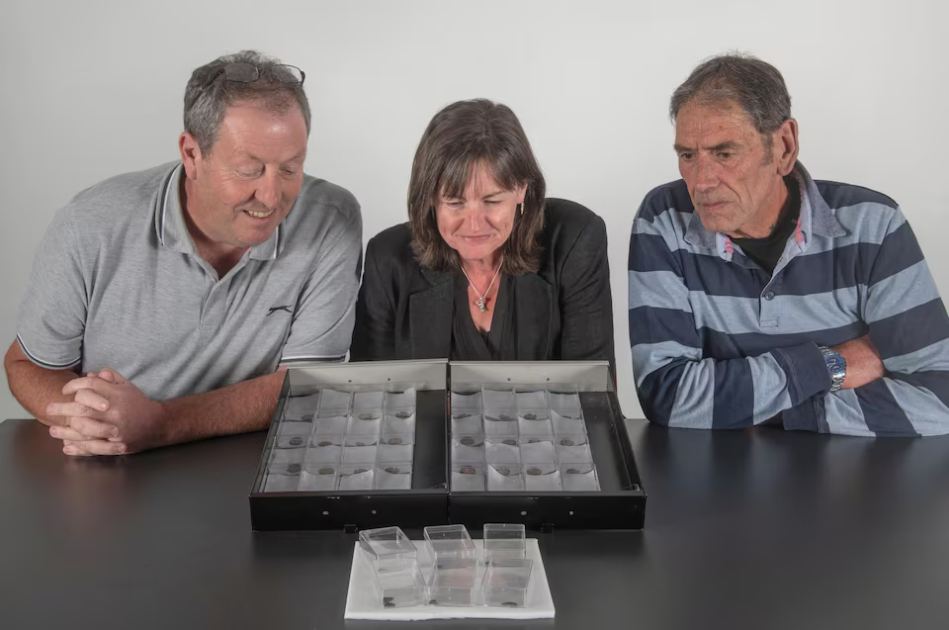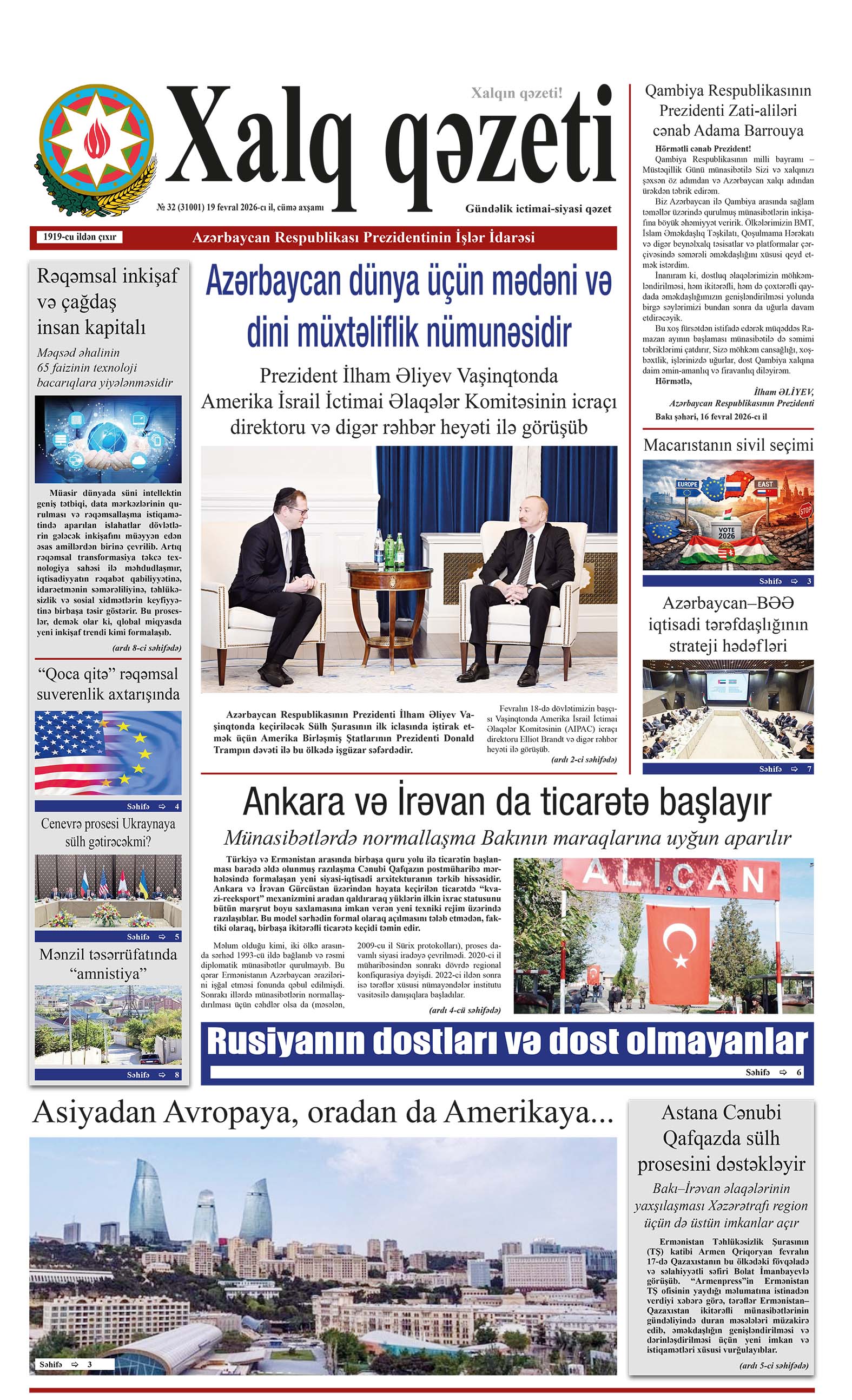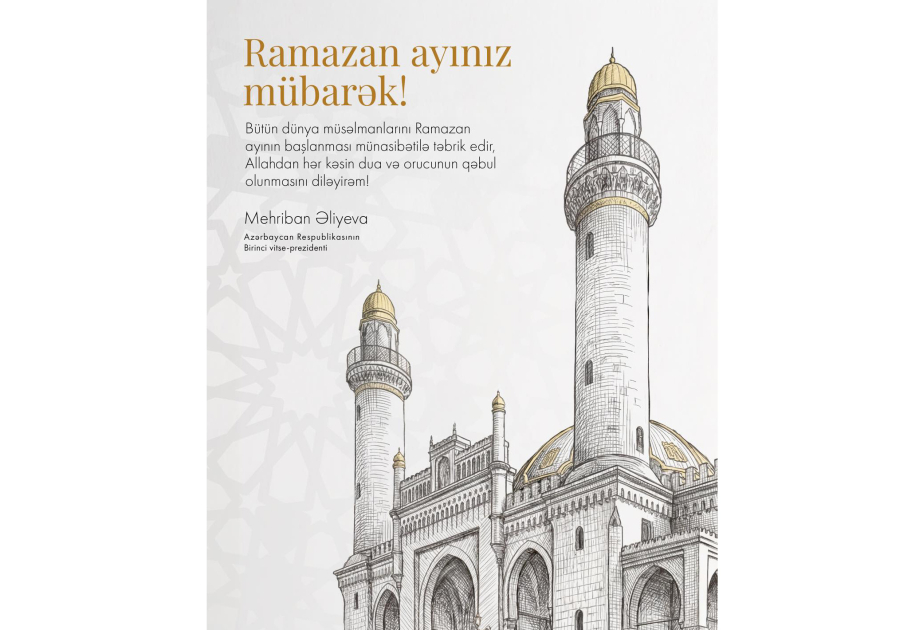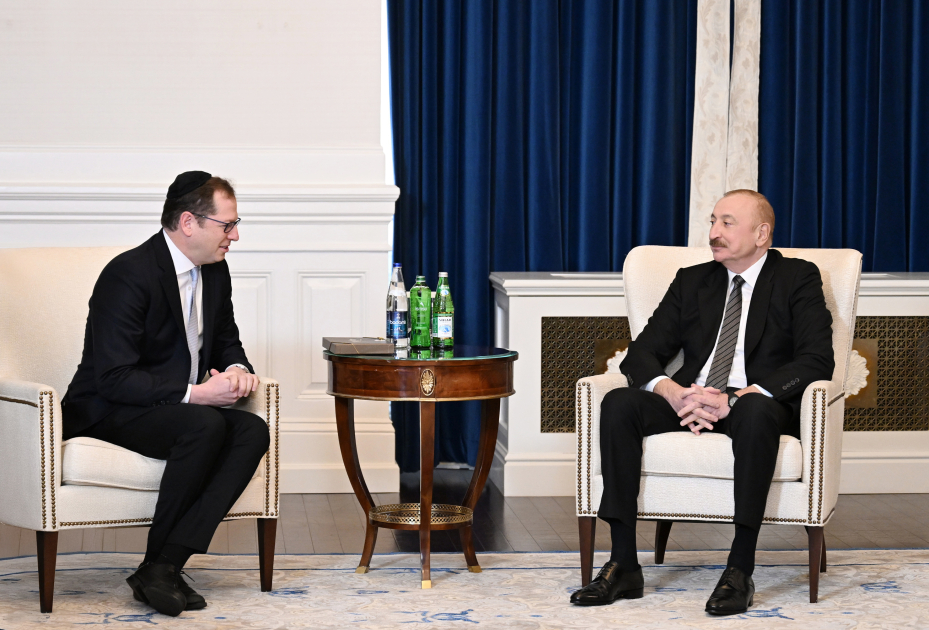Two British metal detectorists have unearthed a rare hoard of 1,000-year-old silver coins on the Isle of Man, shedding light on a vibrant Viking-era economy where traders and cash moved through England and Ireland, according to Daily Sabah.
Most of the 36 coins were minted during the reign of Edward the Confessor, one of the last Anglo-Saxon kings to rule England and during whose childhood the country faced Viking raids and invasions.
The coins also represent two earlier rulers – Edward's father, Aethelred, and the Viking king Cnut.
John Crowe and David O'Hare found the coins in May while metal-detecting, with permission, on private land. They were later studied by U.S.-based researcher Kristin Bornholdt Collins, an expert on Viking Age coins from the Isle of Man.
The island served as an ideal base between Ireland and Britain for the Vikings, who arrived from Scandinavia in the 800s, initially plundering and pillaging before trading and eventually settling.
"This new hoard might be compared to a wallet containing all kinds of credit cards, notes and coins, perhaps of different nationalities, such as when you prepare to travel overseas, and shows the variety of currencies available to an Irish Sea trader or inhabitants of Man in this period," Bornholdt Collins said.
"Having this much closely dated comparative material from separate finds is highly unusual," she added.
Other Viking-era treasures have been discovered over the years in sites across Europe, including on the Isle of Man.
More Viking Age silver has been discovered per square kilometer in the Isle of Man than in England, Ireland, Scotland and Wales, said Alison Fox, curator for archaeology for Manx National Heritage.
Authorities in the Isle of Man, a self-governing territory under British sovereignty, officially declared the latest find as treasure on Monday. It will be displayed at the Manx Museum in Douglas until Oct. 13.




















